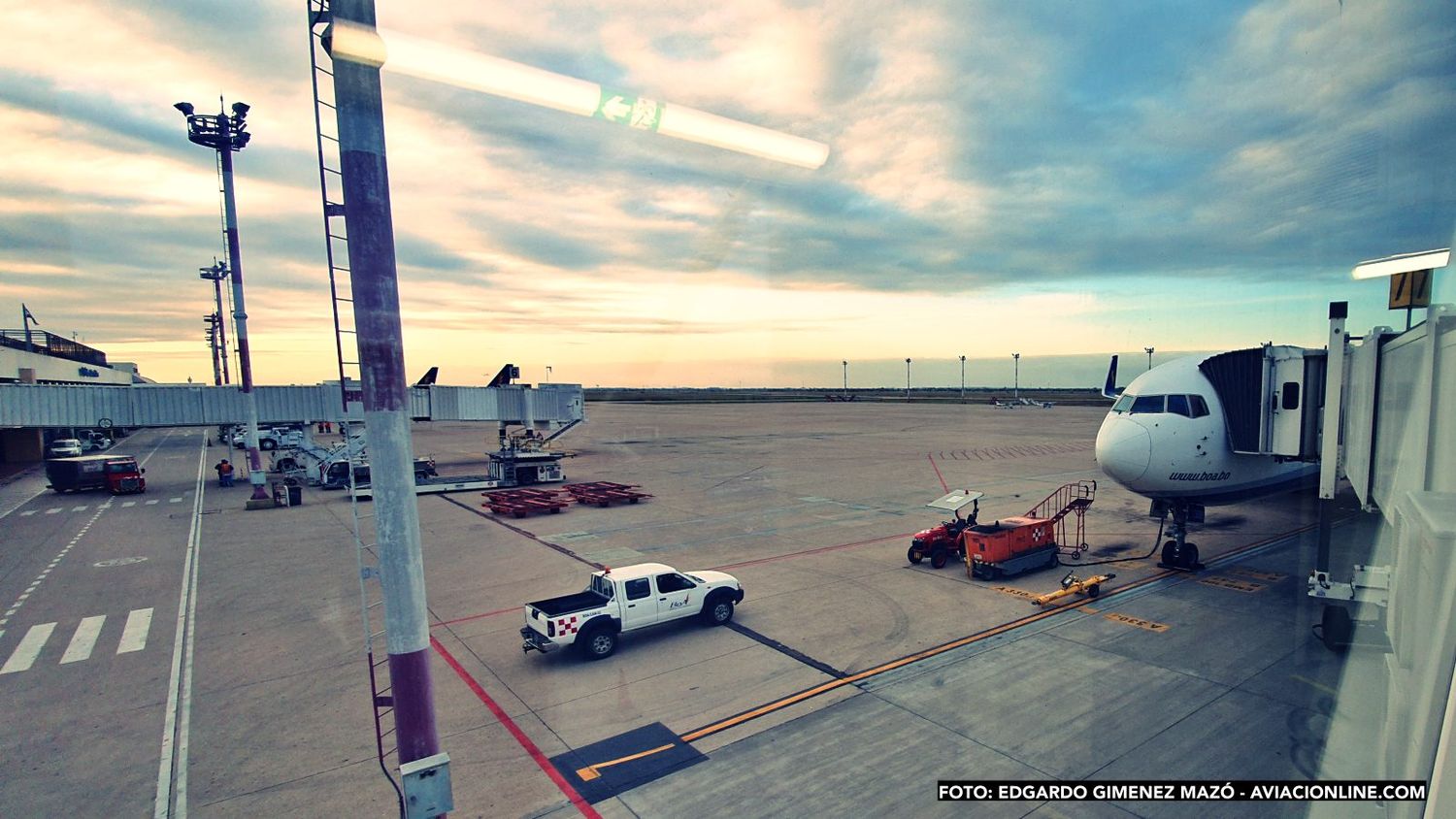The General Directorate of Civil Aeronautics (DGAC) of Bolivia has confirmed that two international airlines are progressing in the certification process to operate in the country. This comes as the aviation authority assures that conditions are favorable for new air operators to enter the Bolivian market.
Bolivia's Open Skies Policy
According to statements reported by La Razón de Bolivia, José Iván García, Executive Director of the DGAC, emphasized that Bolivia maintains an open skies policy, facilitating the entry of new airlines into both domestic and international passenger transport.
Arajet and Flybondi in Certification Process
While the DGAC has not officially disclosed the names of the airlines seeking entry into the Bolivian market, La Razón reports that García previously mentioned Arajet (Dominican Republic) and Flybondi (Argentina) as companies undergoing certification. However, their approval has not yet reached the final stage due to aircraft availability requirements.
García’s statements come amid scrutiny over the operations of Boliviana de Aviación (BoA), which currently holds between 85% and 90% of the domestic market. Despite BoA’s dominance in national flights, the DGAC director assured that there are no restrictions on new operators and that Bolivia’s aviation sector, while highly regulated, remains accessible to experienced airlines.
Internationally, 11 foreign airlines currently operate in Bolivia. According to DGAC data published by La Razón, BoA represents 47% of international air traffic, while the remaining 53% is shared among other carriers.
Open Skies Agreements and Regional Integration
Bolivia has signed 17 bilateral air service agreements and participates in two multilateral treaties: the Andean Community (CAN) and the Fortaleza Agreement. Additionally, its integration into Mercosur has deepened its commitment to the open skies policy, requiring the revision of tax, migration, and financial protocols within the regional bloc.
The discussion around Bolivia’s aviation market liberalization has intensified in recent weeks, especially following operational issues at BoA that led to the appointment of a new general manager. In this context, Bolivian businessman Marcelo Claure has urged the government to ensure open skies and legal security to attract new airlines. Claure has expressed his intention to enter the market with a fleet of 20 aircraft, a proposal that could reshape Bolivia’s commercial aviation landscape.
The progress of ongoing certification processes and the future of Bolivia’s open skies policy will determine whether new operators successfully establish themselves in the market, expanding flight options for Bolivian travelers in the coming months.


Comentarios
Para comentar, debés estar registrado
Por favor, iniciá sesión